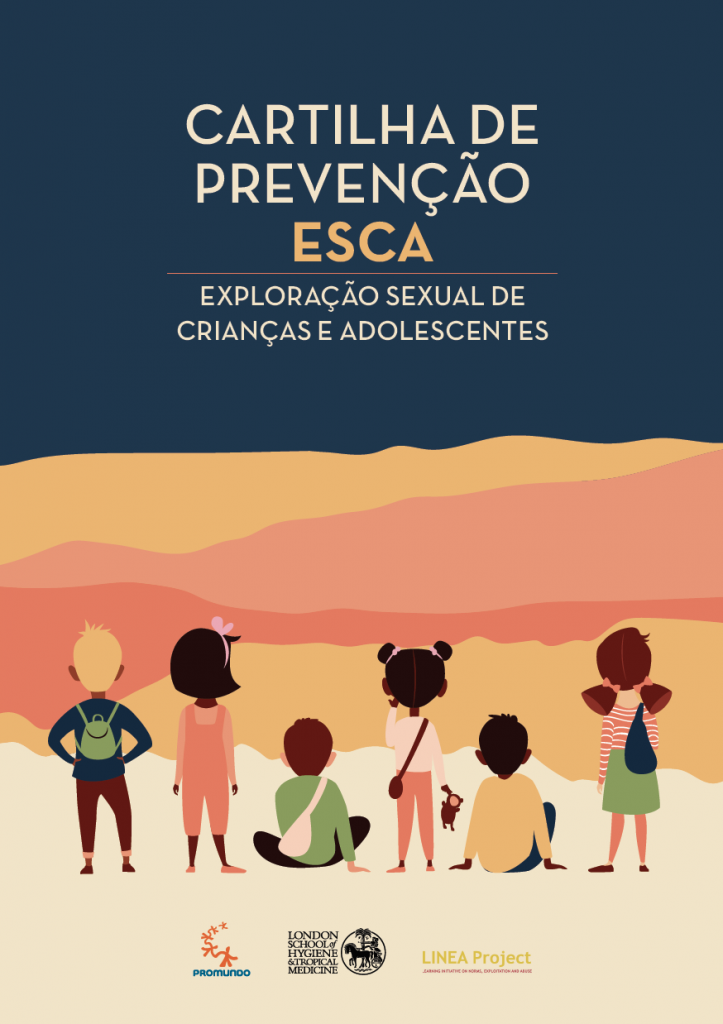Previous research by Equimundo on sexual exploitation of children and adolescents (SECA) practices in four Brazilian cities – and broader topics on gender, violence, and masculinities with children and adolescents – indicate that social norms play a crucial role in influencing SECA practices. To date, no in-depth empirical study had been conducted to understand the nature and extent of these connections in Brazil. Addressing a clear knowledge gap concerning social norms and SECA, Equimundo and the London School of Hygiene and Tropical Medicine (LSHTM), with support from Oak Foundation, partnered to conduct a study to explore social norms and sexual exploitation of children and adolescents in Brazil, with a focus on non-commercial forms of SECA (specifically, age-disparate transactional sex). Through qualitative and quantitative research, the study led to the development of a psychometric scale to measure norms around SECA, as well as easy-to-use, action-oriented guidelines on the topic for civil society activists and policy makers in Brazil.
This study is part of the Learning Initiative on Norms, Exploitation and Abuse (LINEA), an international and multi-pronged project exploring how social norm theory can be used to prevent the sexual abuse and exploitation of children and adolescents globally. LINEA aims to provide an alternative to research and programs, which have traditionally focused on providing girls with skills and information. Instead, LINEA aims to better understand and address the interdependence of human behavior and the structural realities that shape the individual experience of adolescent girls. LINEA was established in 2014 and is nested within the Gender Violence and Health Centre (GHVC) at LSHTM.
For more information about this project, check out this webinar on community perceptions of transactional sex with children and adolescent girls.
Resources
Portuguese
Cartilha de Prevenção ESCA: Exploração Sexual de Crianças Adolescentes
PDF Preview